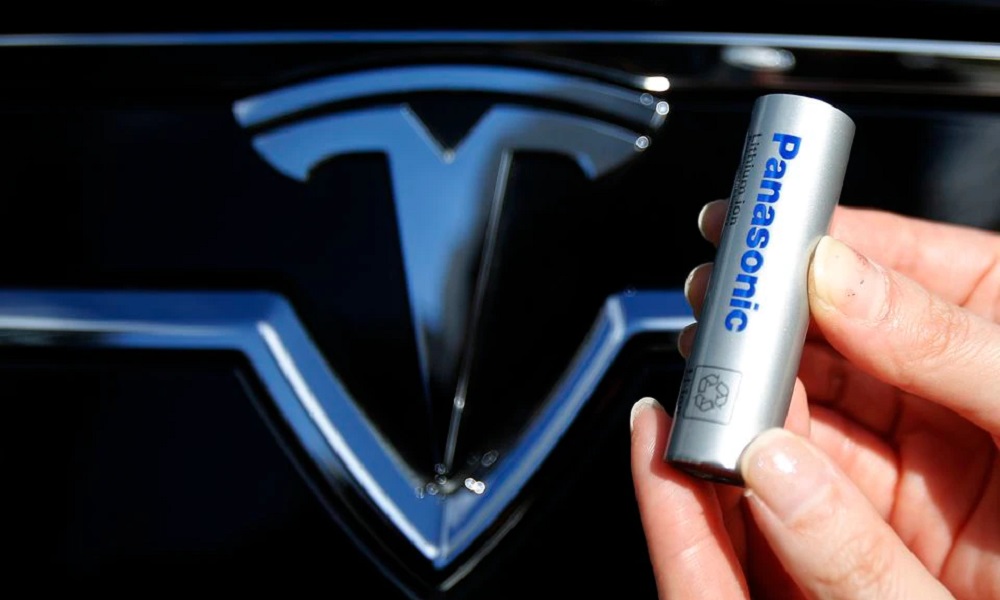
Batteries are one of the most important components in electric cars, a reality that Tesla is fully aware of. It depends on these not only the autonomy of the car, but also aspects as relevant as its useful life and reliability. Using low-quality batteries can lead to serious problems, such as early and rapid degradation, as well as failures that affect the correct operation of the vehicle and can render it unusable.
On the other hand, it must also be taken into account that the batteries of electric cars are one of the most expensive components, so in the end these have a huge impact on numerous aspects of the vehicle. With all this in mind, it is not surprising that Tesla has been very careful when choosing its supplier of batteries for its electric cars.
Panasonic has confirmed that it will take care of carrying out the mass production of the new generation batteries, based on lithium ionwhich Tesla will use in its electric cars, and that said production stage will begin at the end of March 2024 in the factories that the company has established in Japan.
These new batteries are expected to improve key aspects for any electric car, including the maximum autonomy of the vehicle, and also the cost, although until we have concrete and official figures, we cannot specify anything else. On the other hand, Panasonic has also taken the opportunity to confirm that it is working to expand its production line in the city of Wakayama, although it has not said how much money it intends to invest or how this expansion could affect its productive capacity. All in all, according to Nikkei estimates, the investment could amount to a total of 692 million dollars.
The batteries will keep, for years, as one of the great pending accounts within the electric car sector, and in a broad sense. I am not speaking for no reason, those of you who have an electric car, or have been able to test it for a while, will already know why I say this. The degradation of the charging capacity of the batteries, together with the waiting times between charging and charging, the costs and the maximum autonomy are still aspects that can be greatly improved, which means that this type of vehicle is far behind the classic cars based on in combustion engines.



